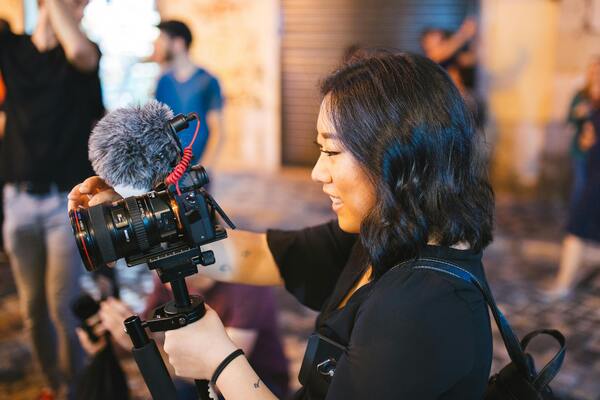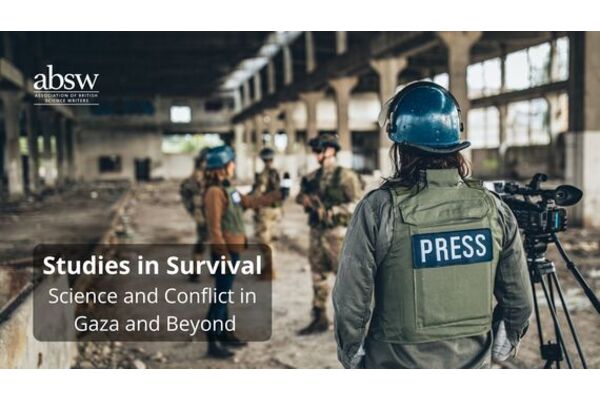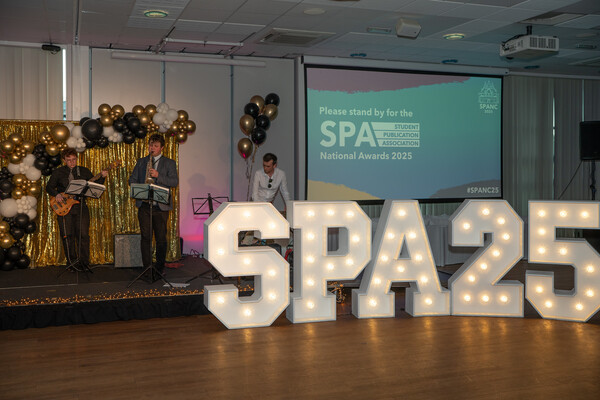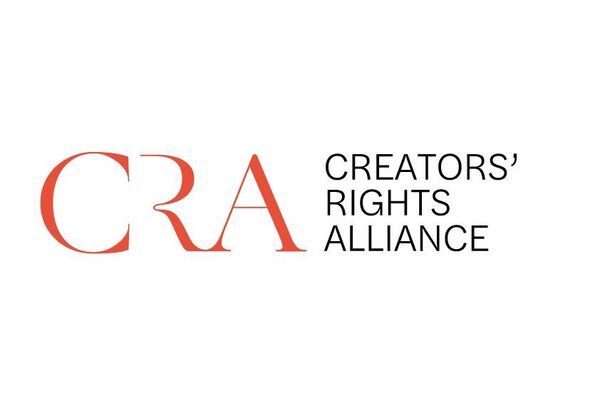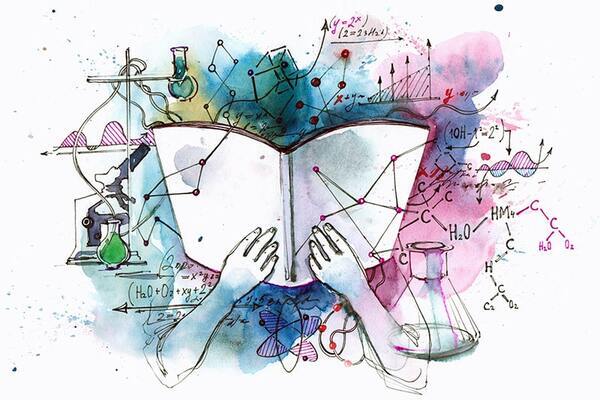Credits: Photo by Fox at Pexel
A recent survey of global newsroom leaders revealed that only 43% felt their workplace had a strategy for improving diversity and retention. This spotlights the severe neglect within journalism, including science journalism, and the ongoing necessity to push for change even when wider social conversations of discrimination have quieted.
On 15th October, at the UK Conference of Science Journalists 2024, panel chair Joseph Harker (Senior Editor, Diversity and Development, The Guardian) sat down with Celeste Bievier (Chief News and Features Editor, Nature) and Shraddha Chakradhar (Deputy News Editor for Diversity, Science) to discuss the efforts their respective institutions are making to address the improvement of diversity, equity and inclusion (DEI) in the industry.
Bievier discussed Nature’s ongoing Opening Doors Internship programme, which challenges representation and inclusion in their organisation and content. This six-month paid opportunity gives trust, training, and support to applicants from a range of marginalised backgrounds, including racial minorities, people from socio-economically disadvantaged backgrounds, LGBTQ+ people, religious minorities and people with a disability or neurodivergent condition. Bievier highlighted how interns are mentored to build a strong portfolio of work published in a notable outlet.
Alongside this, Nature offers guides on diverse recruitment for editors and reviewers and training on inclusive behaviours. Their published content initiatives include a special edition on ‘Racism in Science’ in October 2022, discussing issues including internal, systemic and language bias, and a series called ‘Changemakers,’ championing the STEM professionals shifting the dial on anti-racism and DEI in science.
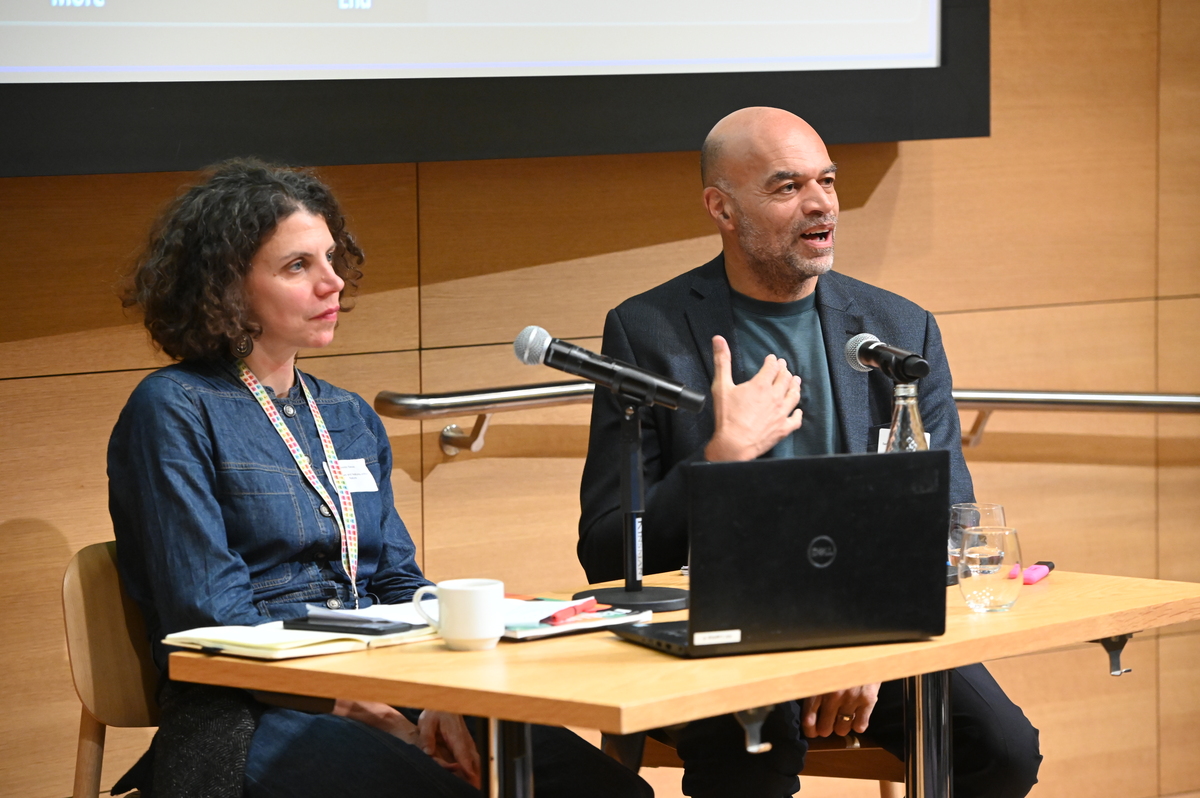
Celeste Bievier, Chief News and Features Editor at Nature, and the moderator of the session Joseph Harker, senior Editor, Diversity and Development at The Guardian - together with Shraddha Chakradhar, deputy News Editor for Diversity at Science (on-screen) - discussed diversity and inclusion - (c) Mark Lewis Photography
Speaking for Science Magazine, Chakradhar discussed the AAAS Diverse Voices in Journalism Internship, an 11-week paid scheme which has run for two decades to reach communities with limited participation, helping them network and earn bylines on fully reported, nationally published stories. She also keenly shared plans for the new year to improve diversity tracking by using an opt-in self-identification model for sources, which is more compliant with data protection laws and overcomes flaws in accuracy and hopefully the limitation to US sources.
Science magazine also explores solutions for content diversity and geographical bias by reporting on the decolonisation of science and global equity, using collaborative models when reporting in foreign countries to avoid the issue of parachute journalism – where a journalist is placed in an area to report on a story they have little knowledge, experience in, or relevance towards. For example, Science covered the story of a new world-class genomics centre in Nigeria by pairing US journalist Jon Cohen with local journalist Abdullahi Tsanni. The intention was for a Western outlet to provide a platform for African science and technology without sidelining authentic local voices and expertise. Connecting with Tsanni resulted in an expertly co-authored and knowledgeable article sensitive to the context of the centre’s necessity and innovation.
The progress these initiatives have made is powerful, but Harker pushed the discussion to consider further issues that must be addressed for their impacts to last and improve. The key critique of internship schemes and collaborative journalism models alike was the longevity of the connections and experience they provide and the long-term benefits to those taken on, for which evidence is lacking. Bievier recalled one in four interns taking on a staff writer position. Audience-panel interactions established diversity initiatives cannot end at the conclusion of an internship or the publishing of an article; to adequately prioritise their viewpoints and ensure their careers continue to thrive marginalised individuals must be supported in finding permanent positions or developing long-term connections. For this, progress needs to extend beyond diversity into inclusion, meeting the unique needs of diverse hires.
Additional to unique needs and sensitivities are the career safety needs that obstruct the viability of journalism careers and access to the industry, a topic of concern in another UKCSJ session on ‘The future of science journalism. Catherine de Lange (Editor, New Scientist) envisioned a turn towards a landscape of mass freelancing. With trends of huge industry-wide lay-offs such as those of staff writers at National Geographic and shrinking budgets, financial precarity is a looming barrier to inclusivity as that safety net is falling out from under us. Lay-offs mean smaller staff bodies and fewer potential opportunities to get diverse individuals into newsrooms.
The other hole in current initiatives, obstructing improvement of DEI, is the limitations to obtaining diversity data. Previously, Nature has tracked geographical and gender diversity in their journalism, which showed 80% conducted in North America and Europe combined and a 60% to 40% to 0.6% split between writers using he/him, she/her and they/them pronouns. However, Bievier described the difficulty of compliantly obtaining ethnicity and other data in the face of UK data protection laws. Without such information on writers and sources, we cannot truly mark the progress initiatives are making.
Obtaining source diversity data and improving content diversity cannot, however, lie solely in the hands of institutions. The conference heard how it is a responsibility all writers ought to be held accountable for. This also harkens to a wider point of the conference on adapting to a changing ecosystem – that to be successful you must find engaging, appropriate sources and offer unique stories, interesting angles and new voices to share. Tips for success like this go hand-in-hand with the motive for writers to more proactively track and diversify their sources. There are useful online resources to learn about tracking and finding less visible, more diverse sources, which will aid in addressing blindspots to certain identities and diversifying the content of privileged writers, a key step in widespread action and change.
Useful resources (guides, databases, and discussion forums) to help you diversify your sources on ABSW's Resources page.

Grey Enticknap is a freelance science writer at the outset of their career. Currently covering conversations in the culture of STEM and journalism they are intrigued by the interactions between science and society. They also have experience in technical scientific writing, copyediting science magazine content, and podcasting. Before pursuing freelancing, Grey earned a Master’s in Natural Sciences (Neuroscience & Science Policy, Communication and Ethics) from University College London where they developed a committed interest in neurodegenerative disease and public engagement.
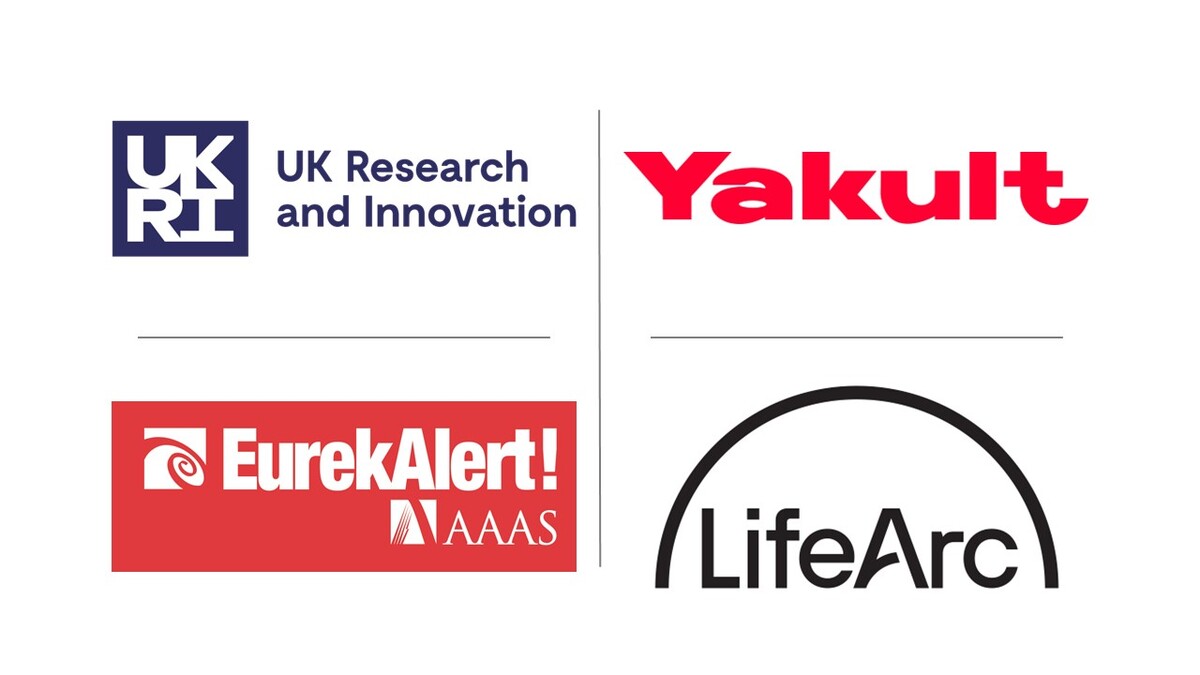
With thanks to our partners and sponsors that made the UKCSJ24 possible.
EurekAlert! the ABSW's Lead Professional Development Partner
UK Research and Innovation Gold Partner, Excellence in Science & Technology Journalism
LifeArc Silver Partner, Excellence in Science & Technology Journalism
Yakult Bronze Partner, Excellence in Science & Technology Journalism

